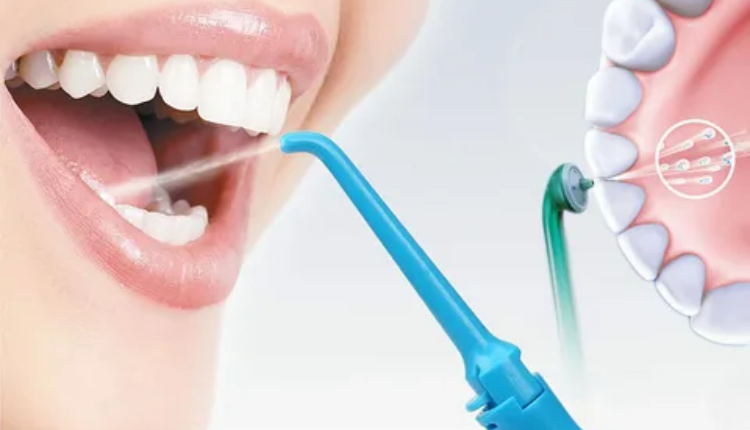
Maintaining good oral hygiene is essential for overall health and well-being. Brushing and flossing are fundamental practices in dental care, but many people unknowingly make mistakes that can compromise their efforts. Here are five common mistakes to avoid when cleaning your teeth to ensure you maintain a bright, healthy smile.
1. Brushing Too Hard
One of the most common mistakes people make is brushing their teeth too hard. Many believe that applying more pressure will clean their teeth better, but this is far from the truth. Brushing too vigorously can lead to enamel erosion and gum recession, causing long-term damage.
Why It’s a Problem: Brushing too hard can wear down the protective enamel on your teeth and irritate your gums. This can lead to increased sensitivity and a higher risk of cavities and gum disease.
How to Avoid It: Use a soft-bristled toothbrush and apply gentle pressure when brushing. The goal is to remove plaque and food particles without damaging your teeth and gums. The right technique involves using a gentle, circular motion rather than scrubbing back and forth.
2. Not Brushing Long Enough
Another frequent mistake is not brushing for the recommended amount of time. Many people rush through brushing, believing that a quick scrub is sufficient. However, inadequate brushing time can leave plaque and bacteria behind.
Why It’s a Problem: Short brushing times can result in the incomplete removal of plaque, which can lead to tooth decay and gum disease. The American Dental Association (ADA) recommends brushing for at least two minutes twice a day to ensure a thorough clean.
How to Avoid It: Set a timer or use an electric toothbrush with a built-in timer to ensure you brush for the full two minutes. Divide your mouth into four sections and spend 30 seconds brushing each section to cover all areas adequately.
3. Using the Wrong Toothpaste
Choosing the wrong toothpaste can also impact your oral health. Some people use toothpaste that doesn’t meet their specific needs, such as those for sensitive teeth or whitening. Additionally, using a toothpaste with high abrasive properties can be damaging.
Why It’s a Problem: Using toothpaste that doesn’t address your specific oral health needs can lead to unresolved issues. For example, regular toothpaste might not provide relief for sensitive teeth or could exacerbate the problem.
How to Avoid It: Select a toothpaste that aligns with your dental needs. If you have sensitive teeth, choose a toothpaste designed for sensitivity. For whitening, look for a toothpaste that helps remove stains without being overly abrasive. Consult your dentist if you’re unsure which type is best for you. Searching for Teeth cleanings in Bistupur? In the dental clinic Omkarananda Dental Care teeth cleaning is made by professionals in order to sustain good oral hygiene. Our professional staff strives that you leave our dental clinic with a happy and healthy smile. Visit us today!
4. Neglecting to Floss
Flossing is often overlooked or skipped entirely by those who consider brushing sufficient for oral hygiene. However, flossing is crucial for removing plaque and food particles from between your teeth and under the gumline, areas that your toothbrush can’t reach.
Why It’s a Problem: Failing to floss regularly can lead to the buildup of plaque and tartar between your teeth, which increases the risk of cavities, gum disease, and bad breath. Over time, this can contribute to more severe oral health problems.
How to Avoid It: Make flossing a daily habit. Use dental floss or an interdental brush to clean between your teeth at least once a day. If traditional floss is challenging to use, consider floss picks or a water flosser as alternatives.
5. Brushing Immediately After Eating
While it’s important to brush your teeth, doing so immediately after eating certain foods can be counterproductive. Particularly after consuming acidic foods or beverages, brushing right away can damage your enamel.
Why It’s a Problem: Acidic foods and drinks, like citrus fruits or soda, can weaken the enamel temporarily. Brushing immediately after can wear away the softened enamel, increasing the risk of tooth sensitivity and decay.
How to Avoid It: Instead of brushing immediately, wait at least 30 minutes after eating before brushing your teeth. This allows your enamel to re-harden. In the meantime, rinse your mouth with water or chew sugar-free gum to help neutralize acids.
Conclusion
Avoiding these common mistakes can significantly improve your oral hygiene routine and help maintain a healthy, beautiful smile. Remember, good oral care involves more than just brushing; it includes using the right techniques, choosing appropriate products, and incorporating flossing into your daily routine. By addressing these common pitfalls and adopting effective dental practices, you can prevent dental issues and ensure your smile remains in optimal condition.
If you have any concerns about your oral health or need personalized advice, don’t hesitate to consult with your dentist. Regular check-ups and professional cleanings are also vital components of maintaining your dental health.







